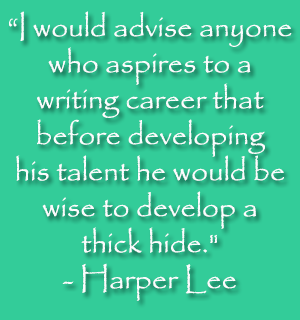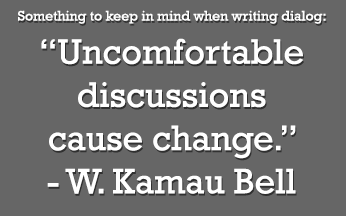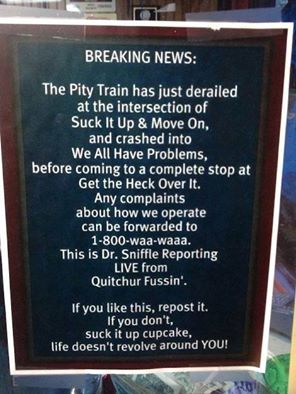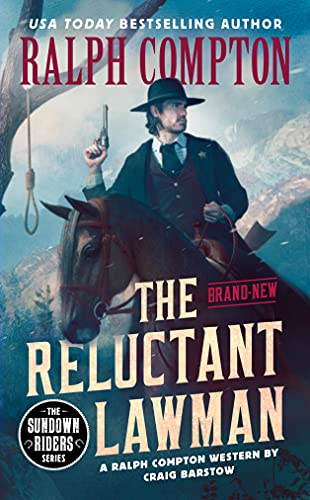What Is The Difference Between Point Of View (POV) And Perspective?
Writing Advice From Your Favorite Authors some quotes will sound familiar
How To Write An Impact Character Into A Novel
Learn About Episodic Novels in Fiction
8 STRATEGIES TO ELIMINATE “BE” VERBS
 Where did the idea of using intimate interior monologue come from? Stream-of-consciousness considered very experimental in Virginia Woolf’s time (the early 20th century) became a technique in which an author wrote out a character’s entire internal monologue, mimicking the way one’s mind actually thinks.
Where did the idea of using intimate interior monologue come from? Stream-of-consciousness considered very experimental in Virginia Woolf’s time (the early 20th century) became a technique in which an author wrote out a character’s entire internal monologue, mimicking the way one’s mind actually thinks.
I tear up that awful first draft and start again — and that’s when things start to click.
7 Quick Tips for Mastering Pacing in Your Story
Get Rid of On-the-Nose Dialogue Once and For All
7 Essential Guidelines for Writing in First Person
Chekhov’s Six Quick Tips For Writing Gripping Scenes
Creating Setting and Subtext in Your Fiction
Listen to Toni’s “Wired for Story” talk at the recent 805 Writers’ Conference.
‘Show, don’t tell’: Examples from books balancing both
Part I Five Great Stoyrtelling Lessons from Harry Potter
13 grammatical mistakes that instantly reveal people’s ignorance
How to Assess the Value of the Characters in Your Novel
The Delicate Art of Character Folding
Andrew Stanton: The clues to a great story
DEEP POV—What is It? Why Do Readers LOVE It?
Plotting Problems: Episodic Writing
Why You Need a Mentor to Become a Better Writer
How to Give Depth to Your Characters
7 Creative Ways to Create Character Depth
How to Murder a Draft, Resurrect A Better Story
Best 5 Ways to Write Deep POV – Character Emotion
 Replace the Word ‘Very’ with One of These 128 Modifiers
Replace the Word ‘Very’ with One of These 128 Modifiers
New List of Habit Words to Avoid
Could We Just Lose the Adverb (Already)?
The Literary Device of Foreshadowing
Is Theme Important in Nonfiction too?The Hero Embodies the Theme
Writing Good Books: The Telegraph reported on scientists who came up with an algorithm that analyzes books and predicts if they will become bestsellers. A team from Stony Brook University in New York used books from Project Gutenberg and found that their algorithm matched the success of the public domain books 84% of the time. Some insights: books with lots of conjunctions, nouns and verbs did well compared to books with more adverbs.
Tell Us What Your Story is About [Continuing the series on Theme in fiction, nonfiction, and movies … ]
The bigger the theme, the more forceful the story’s impact.
“Make Your Hero Suffer” By Steven Pressfield, Part One, Part Two, Part Three, and Part Four.
How to Write a One Sentence Pitch
Learning the Craft By Steven Pressfield
Who’s Telling This Story? And Why? By Shelly Lowenkopf
What Does Kill Your Darlings Mean?
“The Good News and the Bad” essay on getting published By Shelly Lowenkopf
How to Eliminate “To-Be” Verbs in Writing
The Terrible Twenty Words Not to Use
Seven Tips From Ernest Hemingway on How to Write Fiction
Five Writing Tips From Jane Smiley
Elmore Leonard’s opening lines. What’s your reaction?
Flannery O’Connor’s Eight Rules for Writing
























